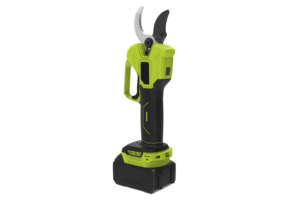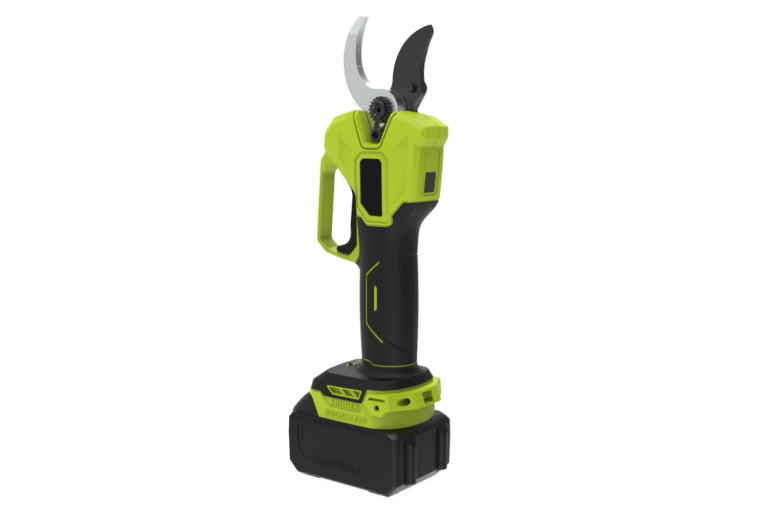
When it comes to supplier evaluation1, making the right choice can save you time, money, and frustration. It’s not just about the price but also about the partnership you’re building.
Supplier evaluation involves assessing critical factors like quality, reliability, and cost efficiency to ensure a strong partnership.
Imagine choosing a supplier who seems perfect at first but later misses deadlines and fails to deliver on quality. That’s why a structured evaluation process matters.
What are the 7 C's of supplier evaluation?
Understanding the 7 C’s can simplify your decision-making process and help you choose a reliable supplier.
The 7 C’s of supplier evaluation include: Competency, Capacity, Commitment, Cost, Consistency, Control, and Communication.

Dive deeper into the 7 C's:
Competency
Assess thesupplier’s ability to provide the required product or service with quality and expertise.
Capacity
Can the supplier handle your demand, especially during peak seasons? This includes evaluating their production facilities and resources.
Commitment
Are they dedicated to building a long-term partnership, or are they just after quick profits?
Cost
Does their pricing align with your budget without compromising quality?
Consistency
Evaluate their track record. Are they reliable in meeting deadlines and maintaining standards?
Control
How well do they manage their processes, including quality control and risk management?
Communication
Effective communication is key to avoiding misunderstandings and resolving issues quickly.
What are the 7 fundamental steps for effective supplier evaluation?
A step-by-step approach ensures thorough and unbiased evaluation.
The 7 steps are: Define requirements, Research suppliers, Request proposals, Evaluate proposals, Conduct audits, Negotiate terms, and Monitor performance.
Dive deeper into these steps:
Define requirements
Clarify what you need, including quality, delivery timelines, and budget constraints.
Research suppliers
Use platforms like trade shows or online directories to identify potential suppliers.
Request proposals
Ask for detailed proposals, including pricing, terms, and references.
Evaluate proposals
Compare proposals based on your predefined criteria.
Conduct audits
Visit supplier facilities to verify their capabilities.
Negotiate terms
Ensure terms are mutually beneficial and clearly outlined.
Monitor performance
Regularly assess supplier performance to maintain standards.
What is a key factor in evaluating sourcing performance?
A key factor often overlooked is alignment with your company’s goals and values.
Sourcing performance depends on how well the supplier aligns with your business objectives and operational needs.
Dive deeper into alignment:
- Cultural fit: Do their values and practices complement your company’s culture?
- Scalability: Can they grow with your business?
- Innovation: Do they offer creative solutions to improve your supply chain?
What are the criteria for supplier evaluation?
Setting clear criteria ensures you’re comparing apples to apples.
Common criteria include quality, cost, delivery, certifications, and financial stability.
Dive deeper into each criterion:
| Criteria | Details |
|---|---|
| Quality | Are products consistently meeting standards? |
| Cost | Is pricing competitive and transparent? |
| Delivery | Are timelines consistently met? |
| Certifications | Do they comply with industry regulations? |
| Financial stability | Can they sustain long-term partnerships? |
What will be on the checklist you develop to evaluate suppliers?
A comprehensive checklist can make your evaluation process systematic and thorough.
A supplier evaluation checklist should include items like quality control, compliance, references, and flexibility.
Sample checklist items:
- Confirm quality certifications (e.g., ISO 9001).
- Check references from previous clients.
- Assess flexibility in handling custom orders.
- Verify compliance with legal and industry standards.
- Evaluate risk management strategies.
Conclusion
Evaluating suppliers systematically helps ensure strong, reliable partnerships for long-term success.
-
This link can provide readers with practical criteria and frameworks for evaluating suppliers, helping them make informed decisions. ↩







